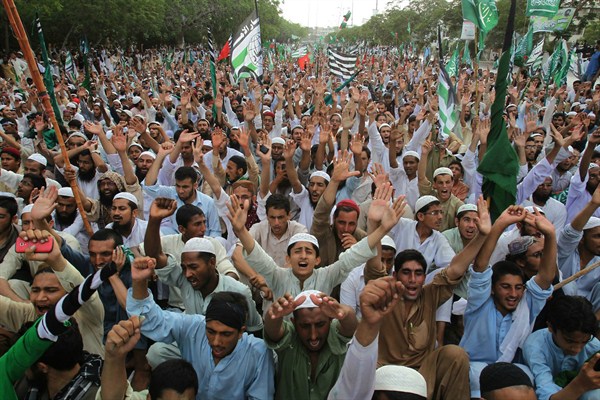LAHORE, Pakistan—When Muhammad Afzal awoke one August morning to go to his job at a textile mill in the industrial city of Faisalabad, he expected the day to unfold much like any other. But while he was at work on the factory floor, a man named Mohammad Shah approached him with an unexpected offer: How would he like to travel to Saudi Arabia?
It was 2005, and Afzal—then in his early 30s—had never left Pakistan. He was immediately tempted. The son of poor farmers, he had no education, and he knew that his life in Faisalabad, Pakistan’s third-largest city, was a dead end. If he stayed, he would have little choice but to continue providing cheap labor for the city’s cotton, flour and garment industries.
Saudi Arabia, by contrast, offered an opportunity for upward mobility. If Afzal worked in the port city of Jeddah, it would take him just four months to earn more than what most Pakistani laborers make in a year. According to an August 2016 report from the International Labor Organization, the average Pakistani’s salary was $480 per month in Saudi Arabia; back home, the average annual salary for a laborer was $1,629.

